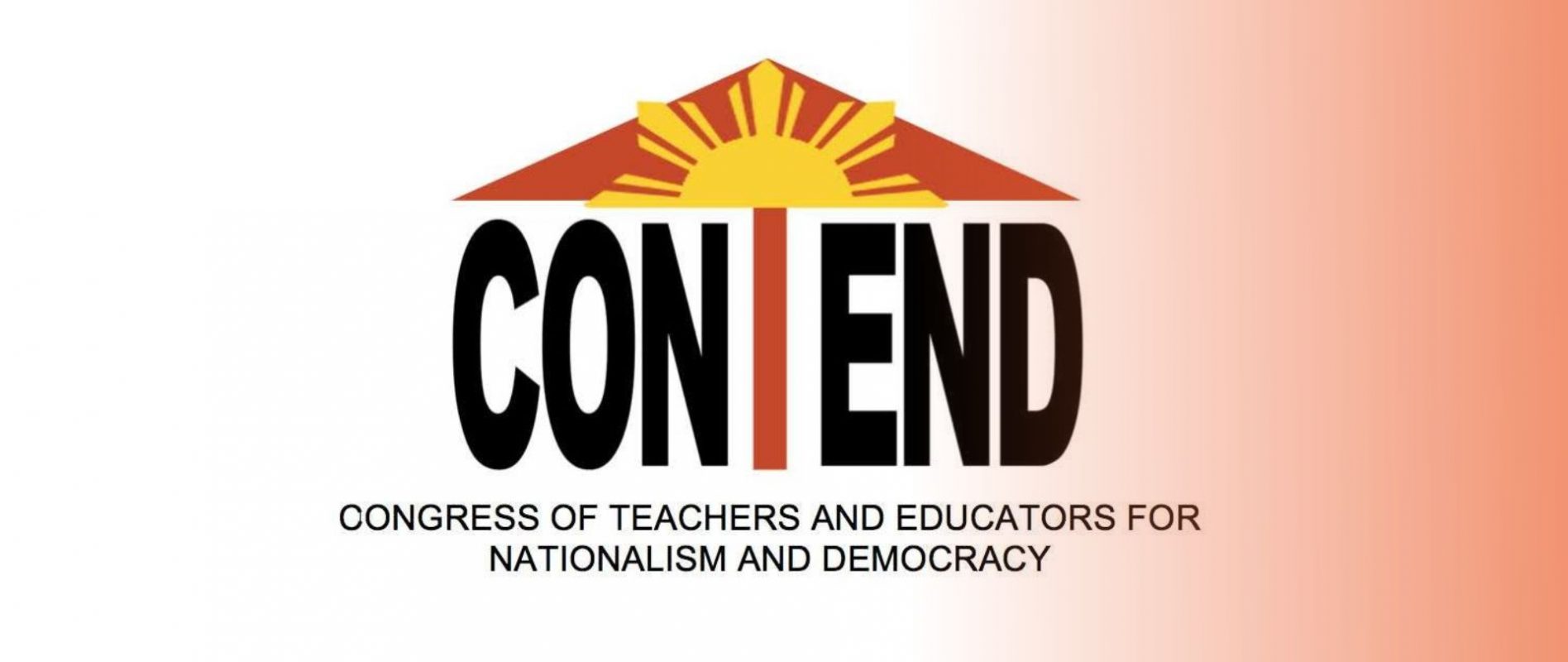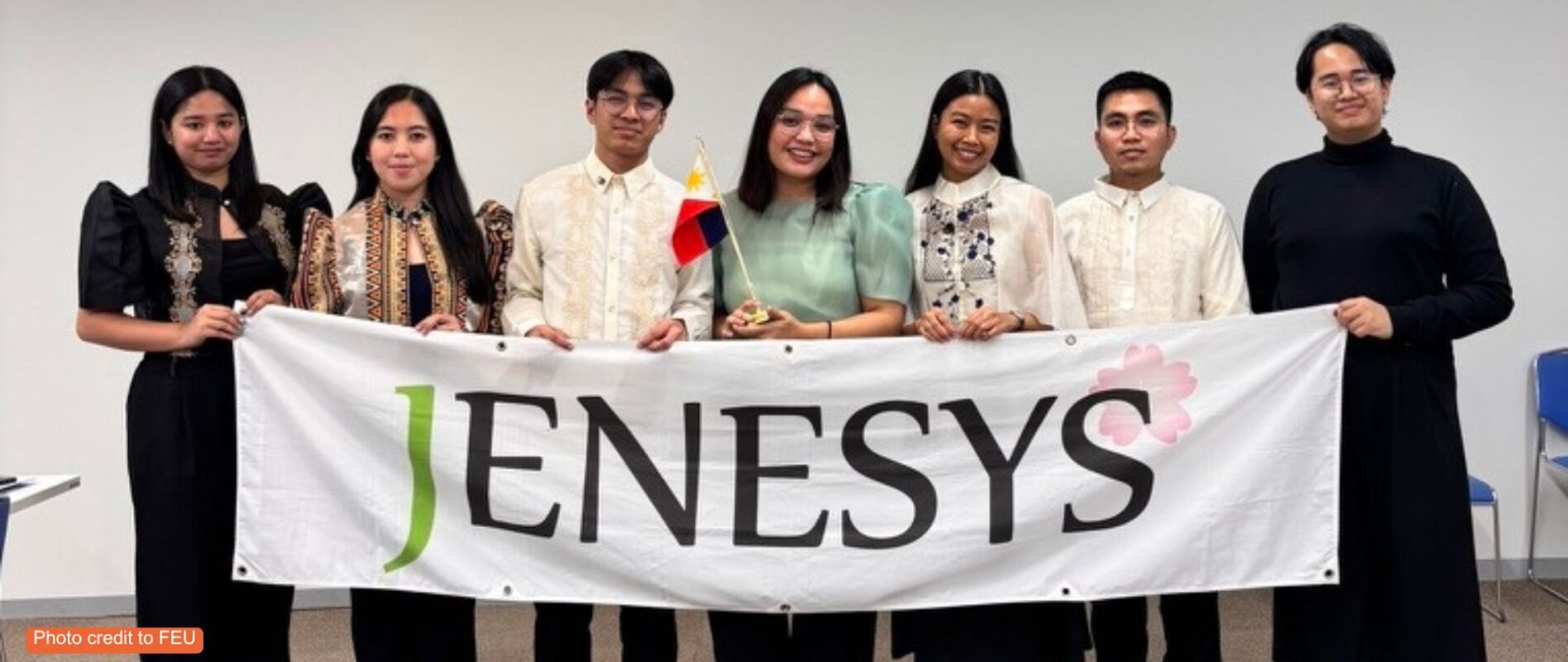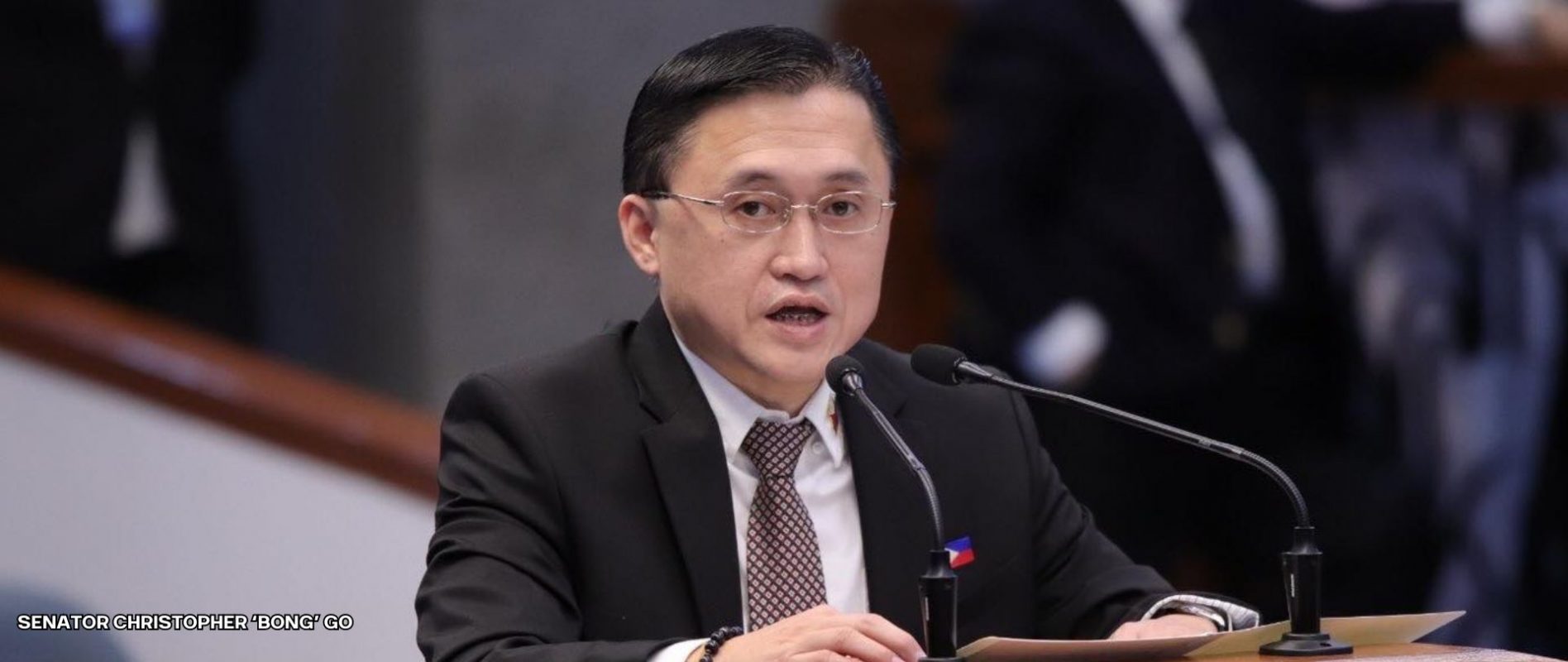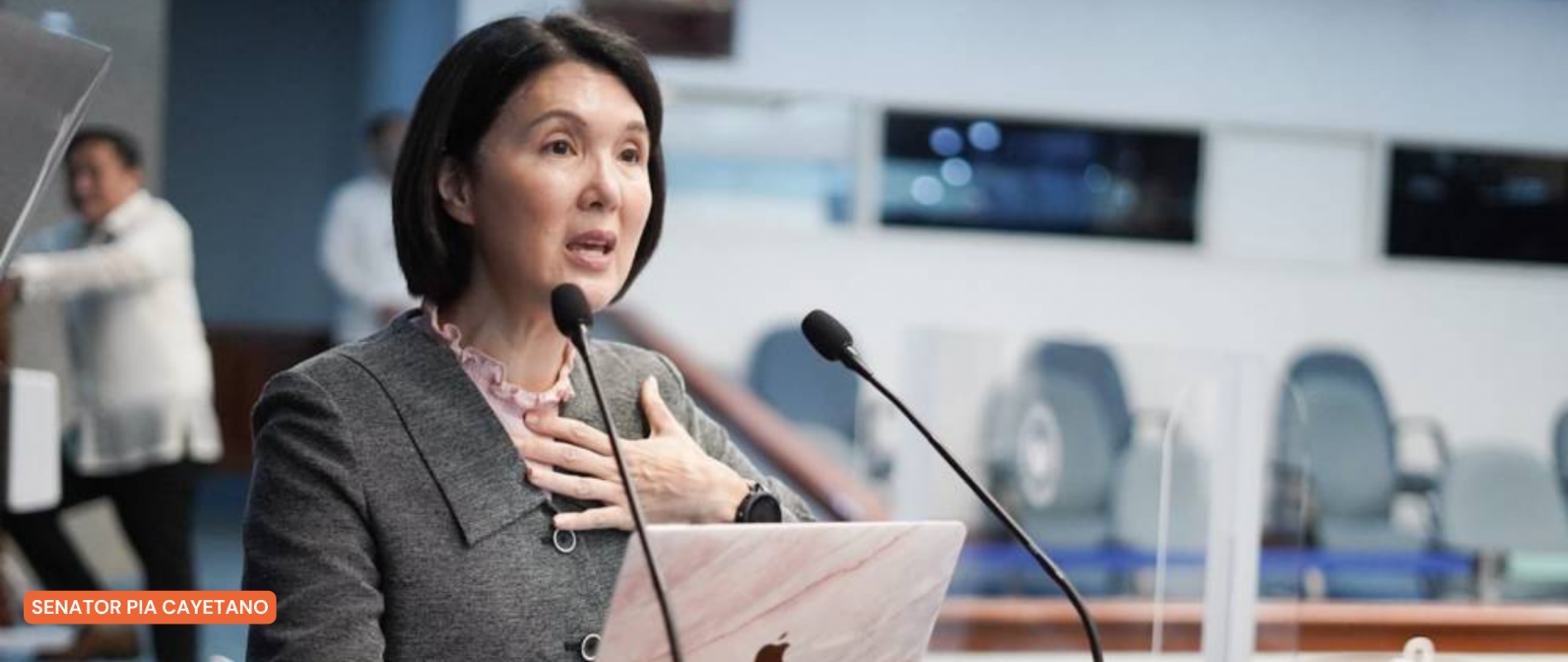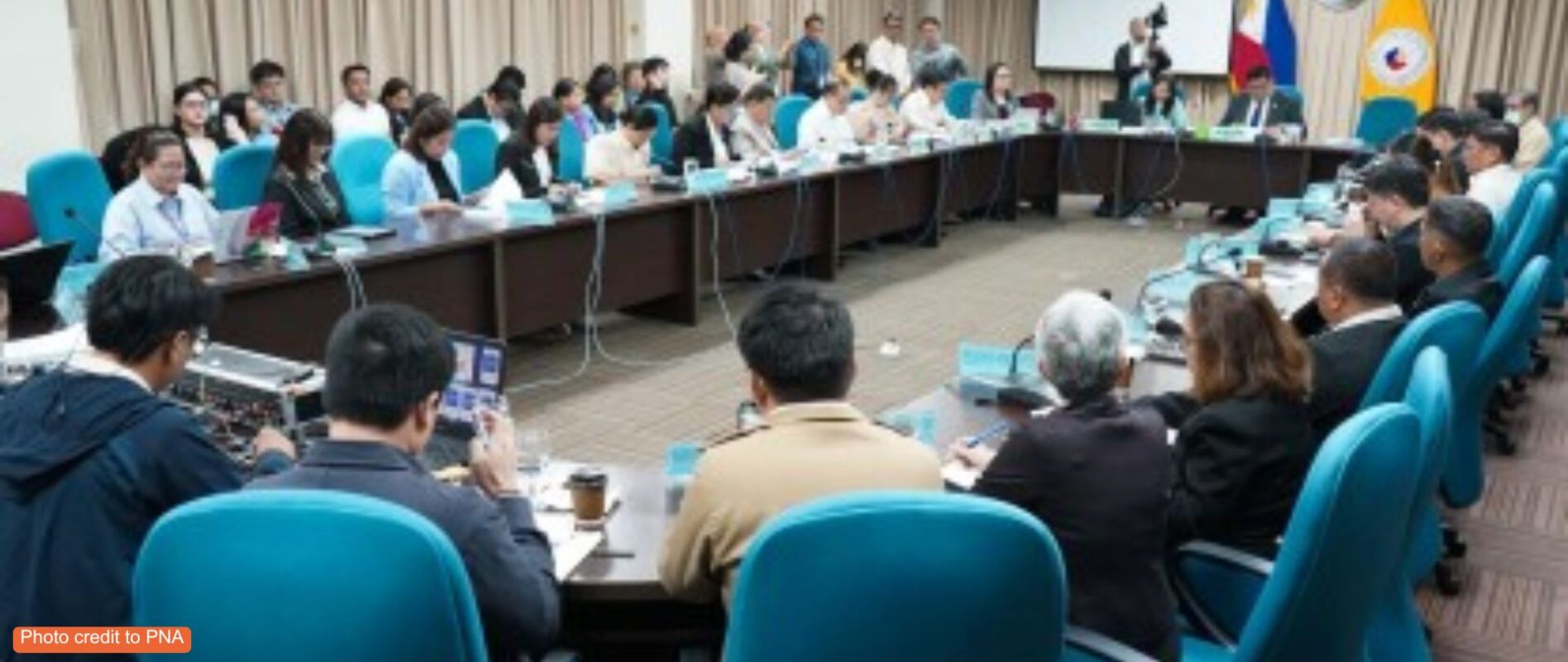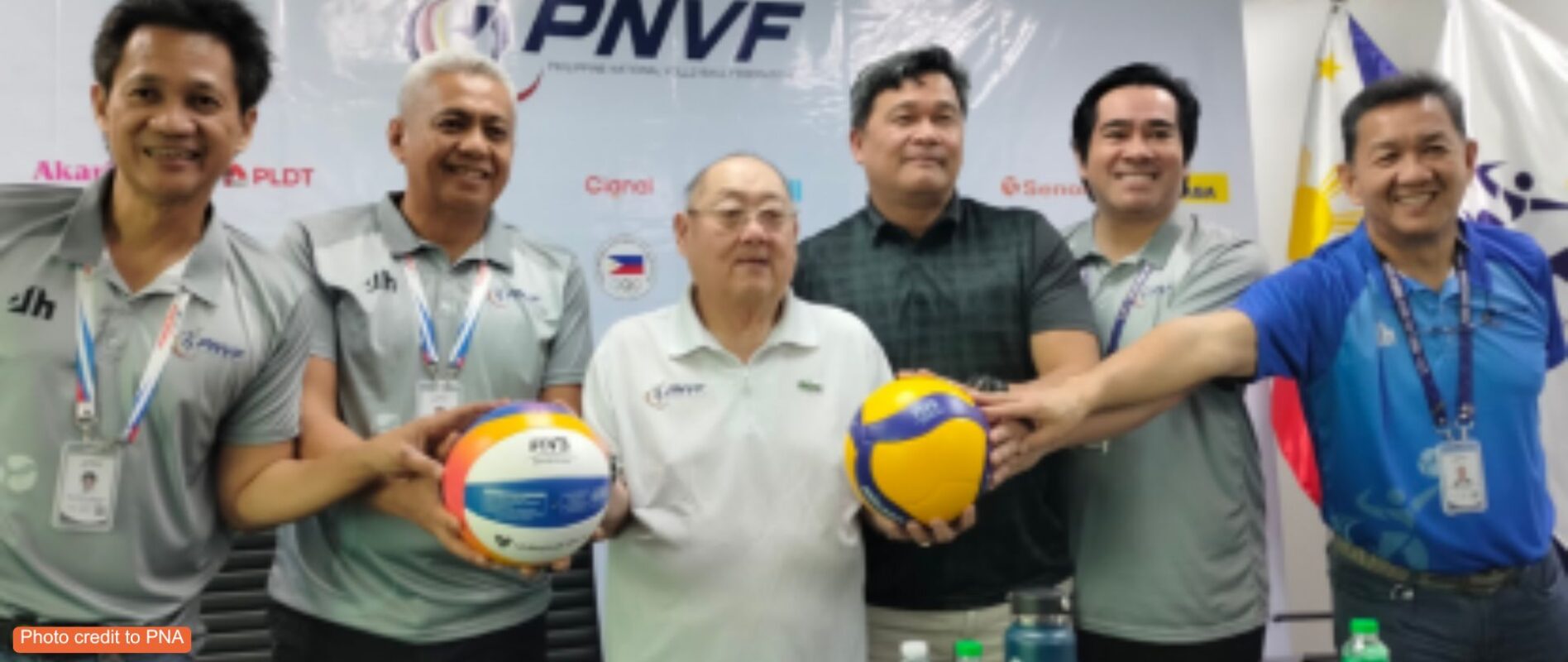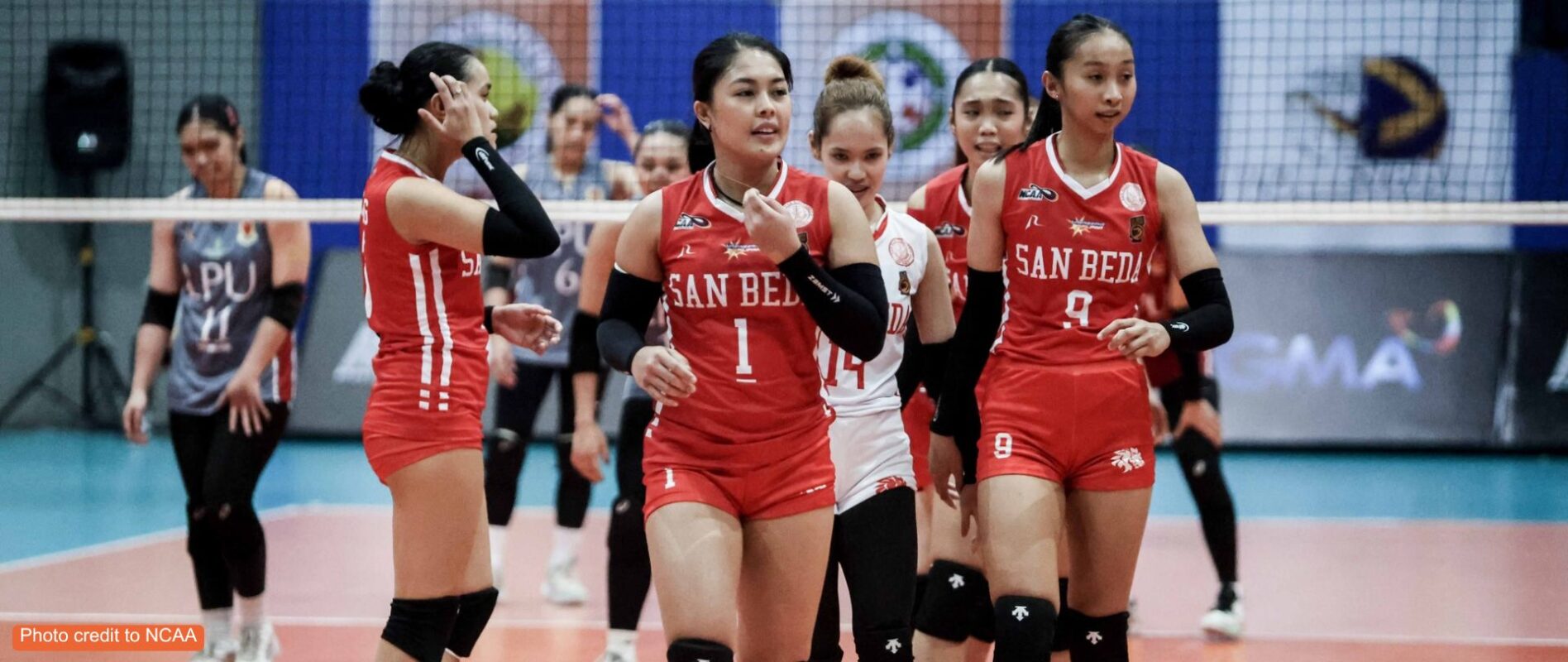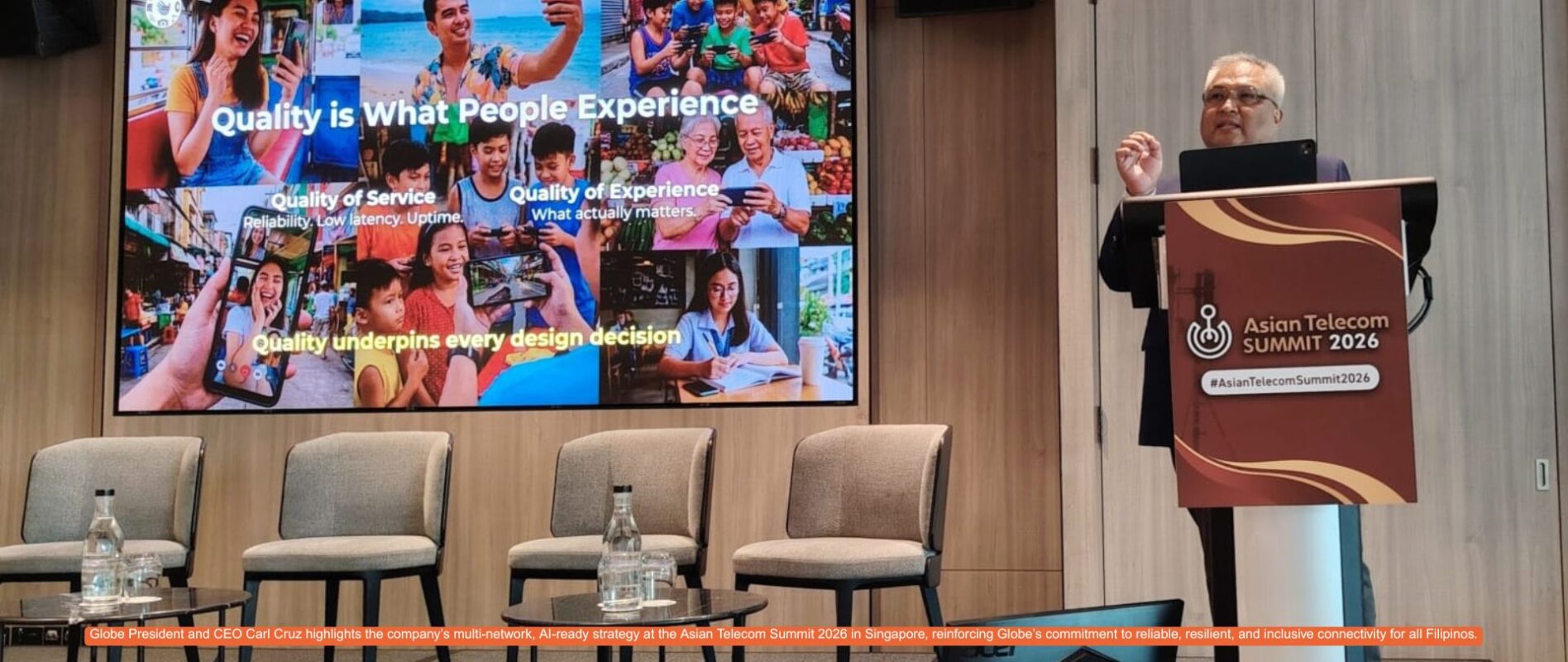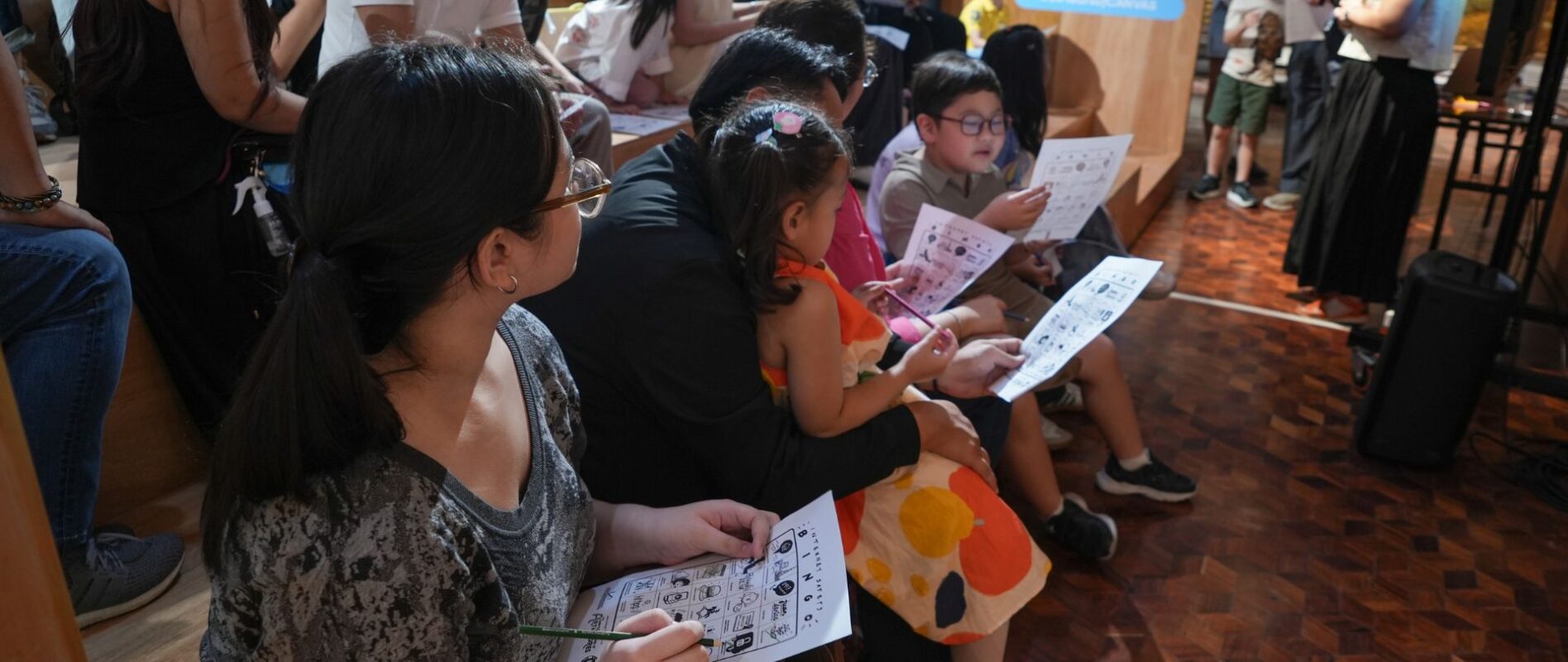GROUP TO SARA: ADDRESS ROOTS OF EDUCATION CRISIS
THE CONGRESS of Teachers/Educators for Nationalism and Democracy, a group of faculty and education workers based at the University of the Philippines, urged Vice President and Education Secretary Sara Duterte-Carpio to address the roots of the worsening educational crisis in the country rather than push for the revival of the mandatory Reserved Officer Training Corps.
THE CONGRESS of Teachers/Educators for Nationalism and Democracy, a group of faculty and education workers based at the University of the Philippines, urged Vice President and Education Secretary Sara Duterte-Carpio to address the roots of the worsening educational crisis in the country rather than push for the revival of the mandatory Reserved Officer Training Corps.
The group made the call a day after the Vice President met with security officials to discuss “interagency cooperation” on national security issues.
CONTEND said that the call to reinstate mandatory ROTC is misguided and dangerous.
“Addressing the problems of overworked and underpaid teachers, DepEd’s plans to return to face-to-face learning, overcrowded classrooms, crumbling facilities, and an uncontrolled climate of disinformation which all combine to contribute to the worsening crisis of the Philippine education system should instead be prioritized by the Marcos regime,” the group said.
“A blunt, militaristic solution fails to address this myriad of problems and adds another burden to the lives of students,” it added, citing “documented” cases of hazing and abuses in ROTC.
“The push for mandatory ROTC is another example of the current government’s treading of a harsh, fascistic, militaristic path which equates obedience with discipline and stifles any attempts at critical thought. This further aggravates the neo-colonial, commercialized, and repressive character of Philippine education which are the real roots of its crisis,” the group said.
It added that there are many ways to teach students discipline without forcing them to join ROTC such as reading, researching, writing a paper, searching for and interviewing an informant, painting, music-making, filmmaking and participating in classroom discussions.
“These are some of the many educational activities that teach students “discipline” by encouraging them to focus their attentions and hone their particular interests. As progressive educators, we must show Filipino students that there are many other paths which are more nurturing to their critical and emotional faculties,” the group said.

